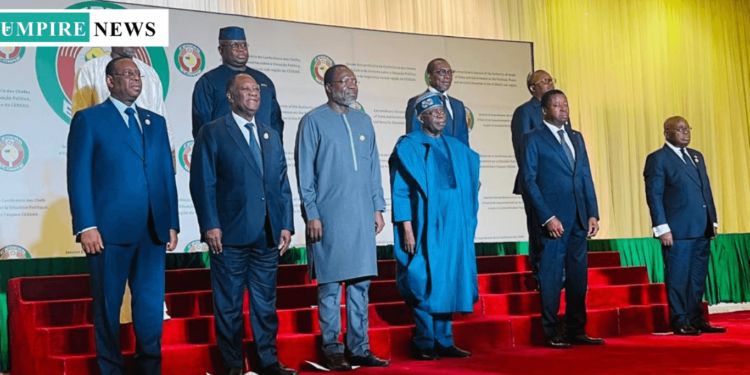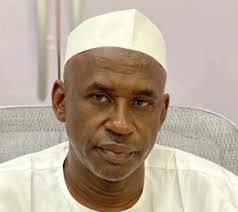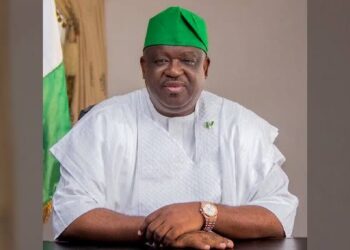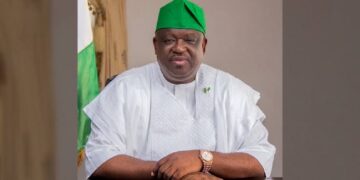The Economic Community of West African States (ECOWAS) has officially approved the withdrawal of Niger, Mali, and Burkina Faso from its regional bloc. The decision, announced at the 66th Ordinary Summit in Abuja, will take effect on January 29, 2025, marking a major shift in West Africa’s geopolitical landscape.
The bloc has set a six-month transitional period, from January to July 2025, to leave room for dialogue and possible reconciliation with the three nations. Senegalese President Bassirou Diomaye Faye and Togolese President Faure Gnassingbé will continue mediating throughout this period, along with ECOWAS Chairman Bola Ahmed Tinubu.
In preparation for the separation, the ECOWAS Commission has been tasked with initiating withdrawal formalities and developing contingency plans to address political and economic ties with the exiting countries. An extraordinary session of the Council of Ministers is scheduled for mid-2025 to finalize the process.
The withdrawal follows a string of military coups—Mali in 2020 and 2021, Burkina Faso in 2022, and Niger in 2023—that led to tensions and suspensions within the bloc. The three nations have accused ECOWAS of abandoning its principles and yielding to external pressures, especially through sanctions aimed at reversing their political transitions.
President Tinubu praised the bloc’s leaders for their unity and commitment to addressing West Africa’s challenges. “Let us remain steadfast in building a community founded on peace, security, and good governance,” he said, while reaffirming ECOWAS’s dedication to dialogue and regional stability.




































